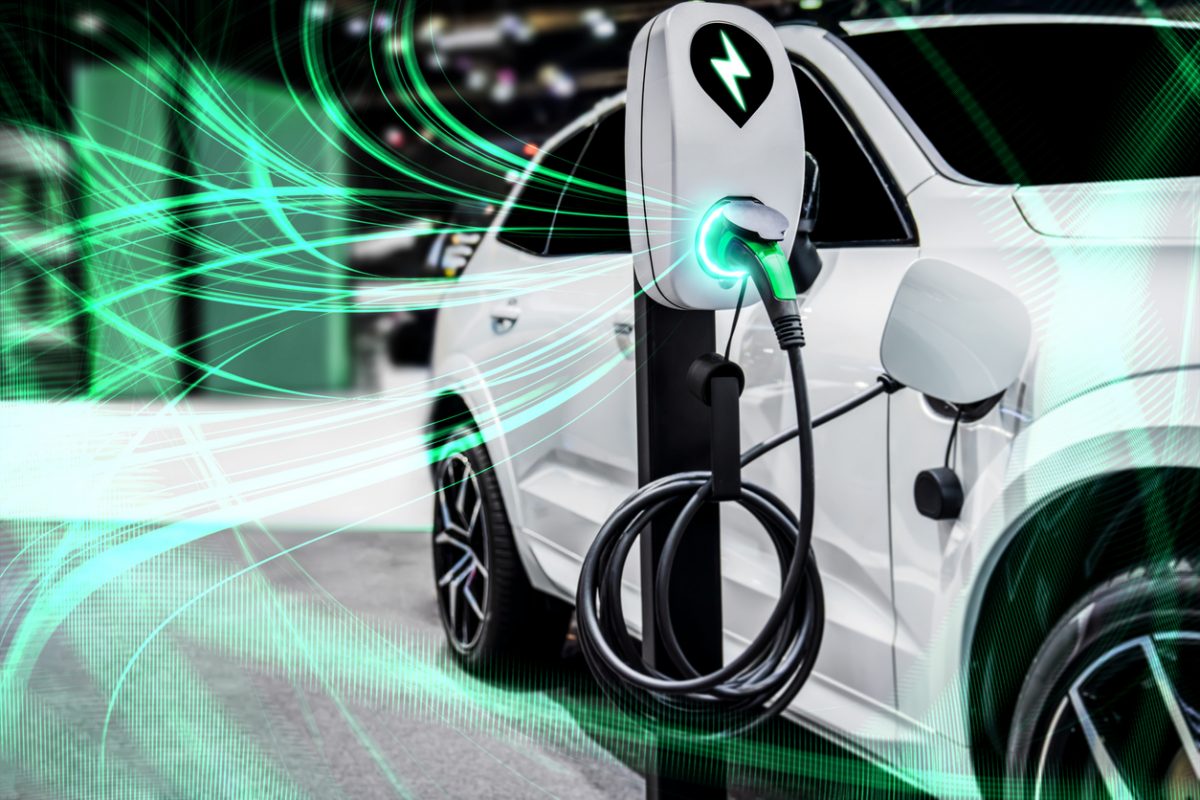Japanese automakers can now benefit from tax relief under the Inflation Reduction Act. Similar agreement sought with EU.
The U.S. and Japan have signed a trade agreement on minerals for electric vehicle batteries that will give Japanese automakers access to tax breaks under the Inflation Reduction Act.
The U.S. subsidy program for the domestic green tech industry provides tax credits for electric vehicle purchases, but only applies if the vehicle and batteries are made in North America. In addition, at least 40 percent of the battery raw materials must come from the U.S. or a country with which there is a free trade agreement. Japan is not one of them. The agreement now signed (PDF) grants the island nation the same status for trade in critical minerals. Bilateral export restrictions on key battery raw materials such as lithium, graphite and manganese will be banned. At the same time, it aims to reduce U.S. and Japanese import dependence on countries such as China, including by examining foreign investment in supply chains.
US government: High demand for raw materials requires cooperation with allies
Criticism came from senior Democrats on trade issues in Congress, Reuters reported, saying the expansion of tax credits runs counter to the goal of boosting investment in U.S. battery and electric car production. Biden administration officials, on the other hand, maintained that to produce the quantities of minerals needed to meet climate goals would require massive cooperation with “trusted U.S. allies.” The agreement contains corresponding commitments on environmental standards and workers’ rights.
The U.S. government is currently negotiating a similar agreement with the EU. As we reported, the Inflation Reduction Act had triggered a conflict between the transatlantic partners, with EU politicians accusing the United States of protectionism and distortion of competition.
Photo: iStock/Blue Planet Studio


